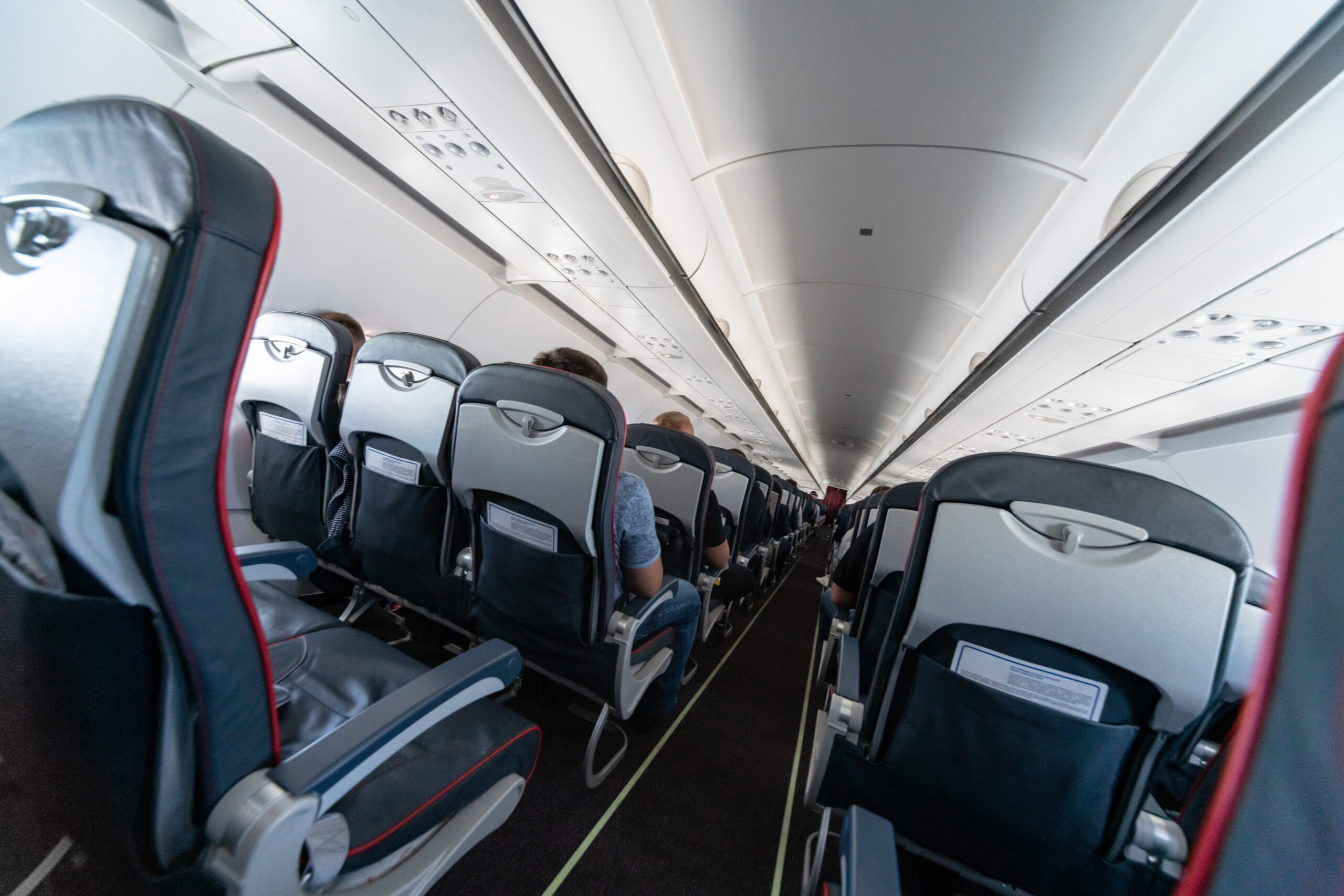Planning a vacation on a budget can be a challenge. Taking time away from your busy work life is very important to your mental health—but not if the cost is financial stress. That’s why we’re here with budget travel tips to make things a bit easier.
As you start planning your trip, a great first step is to set aside a little money from each paycheck. You can start doing this even before you plan your next trip, setting aside as little as $20 every payday ($40/month) for your vacation fund. By the end of the year, you’ll have saved $480.
Another simple way to contribute to your vacation budget is to cut unnecessary expenses from your daily life. A budgeting tool like the one in the Brigit app can help you quickly identify areas where you’re spending the most money. Often these are areas where making a few minor changes can mean saving extra cash you can put toward your trip.
Maybe you’re spending $100 a month on food delivery apps (where you can end up paying a lot in service and delivery fees). Cooking a meal instead, or driving to pick up your takeout can help cut those costs a lot—and you can put those savings into your vacation fund!
When it’s time to actually plan your vacation, there are a few simple things you can do to get far more for your money.
1. Book your travel as far in advance as possible
The further in advance you can book air travel, lodging, and rental cars, the lower the rates will be. It can be hard to book too far ahead, but very much worthwhile in terms of savings.
It’s a great idea to look at cancellation fees so you can minimize your risk in case your plans change in the time leading up to your trip. Pay close attention to your airline tickets—it may cost a little more to get a fare that allows flexibility to change the date or cancel without fees, but it’s worthwhile to protect yourself.
The same goes for hotels or other travel rentals—as long as you make sure you can cancel without penalty up to a week or two before your trip, you eliminate the risks of booking way in advance.
Be cautious when you book through discount travel sites—they often have attractive discounts, but if your plans change they generally don’t offer much flexibility for changes or refunds. To get the best of both worlds, call the hotel directly; they’ll often match the discount travel site rates if you ask. And when you book directly, hotels can generally offer much more flexibility if you need to change or cancel your booking.
2. Plan to travel at off-peak times
If you have a little flexibility, it can be very helpful to travel when everyone else isn’t traveling. Summer, as a rule, will be far more expensive than other seasons, because airlines and hotels have a lot of bookings—so they charge their highest rates.
The same is true for holidays and weekends, when more people are off work and traveling. If you’re able to travel during the fall or spring, many places still have great weather, but fewer people are traveling so things like hotels, airfare, and rental cars are generally a lot less expensive than in summer. As an added bonus, most places you go will be a lot less crowded!
3. Bring and prepare your own food
When you’re traveling, it’s easy to find yourself eating out for every meal. While trying new foods and restaurants can be part of the fun of visiting new places, it can also get expensive very quickly—especially if you’re traveling with your family. Thinking about ways you can prepare some of your own meals can be a great way to save money.
If you’re staying in a vacation rental or hostel (or even an extended stay type of hotel) that has a kitchen, it’s easy to cook some of your own meals. But even if you’re not, you can likely save money by packing lunches for yourself and your family instead of paying big bucks for food at theme parks or other tourist destinations.
4. Share accommodations with friends
With so many vacation rental apps available, it’s easy to find homes or condos with multiple beds and bedrooms. Sharing the rental with a group of friends or another family can cut your lodging costs in half—and can actually be more fun, because you’ll likely have more space to spend time together.
One thing to watch out for with vacation rentals is fees—sometimes the nightly rate looks like a great deal, but then there are booking fees, mandatory cleaning fees, or other miscellaneous costs tacked on. In some cases, those added costs can actually mean you’re spending a lot more than the initial nightly rate.
5. Use public transportation or walk
When you go on vacation, renting a car can be one of the biggest expenses. For some types of trips, and some destinations, you definitely do need a car. But if you’re traveling to an area that has a good public transportation system, you can save a lot of money on rental car and gas costs by taking the bus, rail, or subway.
And don’t forget walking! In addition to the cost savings, walking can be a fun way to experience a new city—you’ll see a lot more on foot than you will if you’re driving. And walking as you explore new surroundings is a great way to get exercise without even realizing it.
6. Find fun things to do that are free
There are some trips and destinations where the central activity might carry a big cost. Disneyland, a deep sea fishing excursion, or a scuba diving trip, for example, have some fairly high costs that you can’t really avoid.
Other trips, however, might offer a lot of fun experiences at low or no cost. It’s worth doing a little research as you plan your trip to find things like parks, art walks, historic tours, or museums that are often free to visitors. You can also look into seasonal events that also might be free in certain towns, like concerts in the park, street fairs, and fireworks shows.



